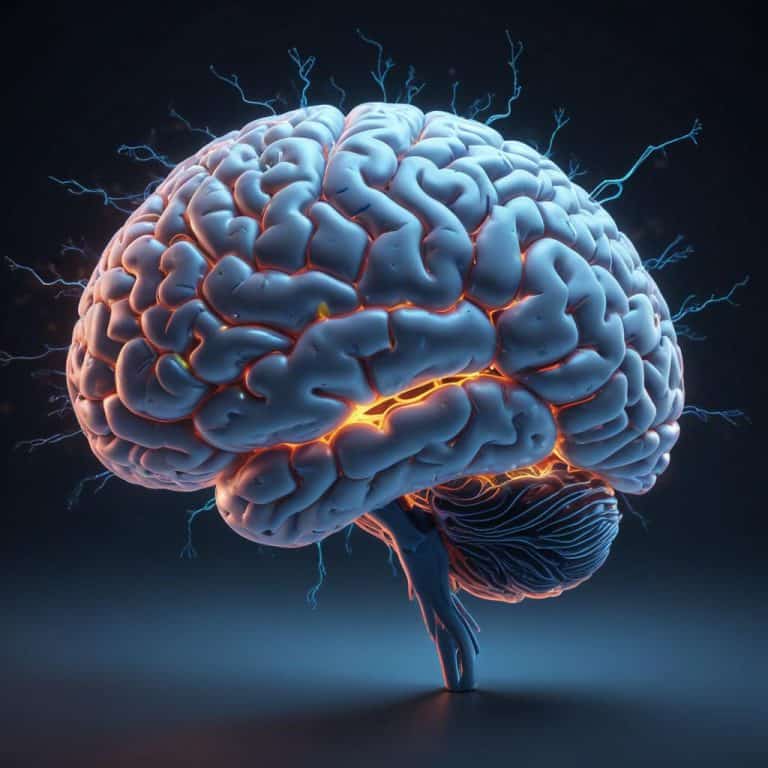Welcome to our online neuroplasticity quiz! Neuroplasticity is the brain’s incredible ability to adapt and change throughout our lives. In this quiz, you will learn more about how our brains can rewire themselves in response to new experiences, learning, and even injury.
Neuroplasticity is like a superpower that allows our brains to grow and evolve. Through this quiz, you will discover how neuroplasticity plays a role in everything from learning a new skill to recovering from a brain injury.
Test your knowledge and see just how amazing our brains truly are!
Play Neuroplasticity Quiz
Instructions
- This quiz is multiple choice.
- Read each question carefully before selecting an answer.
- Choose the best answer for each question.
- You will see the missed questions with correct answers at the end of the quiz.
Quick Facts
- Our brain’s ability to change and adapt is called neuroplasticity.
- Neuroplasticity allows our brains to reorganize and create new pathways.
- Learning a new skill can strengthen neuroplasticity in the brain.
- Neuroplasticity can help with recovery after a brain injury.
- Exercising, eating healthily, and getting enough sleep can boost neuroplasticity.
- Neuroplasticity is highest in children, making it easier for them to learn new things.
- Music, meditation, and mindfulness practices can promote neuroplasticity.
- Neuroplasticity can help improve memory, cognition, and emotional regulation.
- Challenges and new experiences can stimulate neuroplasticity in the brain.
- Neuroplasticity is a fascinating concept that shows the incredible potential of our brains.
Downloads
Study Tips
- Create a study schedule and stick to it.
- Find a quiet and comfortable study environment.
- Remove distractions such as phones and social media.
- Take breaks every 25-30 minutes to avoid burnout.
- Use active studying techniques like summarizing, highlighting, and teaching concepts to someone else.
- Practice retrieval by testing yourself with flashcards or practice quizzes.
- Stay organized with notes, study guides, and resources.
- Stay hydrated and eat brain-boosting foods like fruits, nuts, and whole grains.
- Get enough sleep to improve memory retention and cognitive function.
- Reward yourself for reaching study goals to stay motivated.
